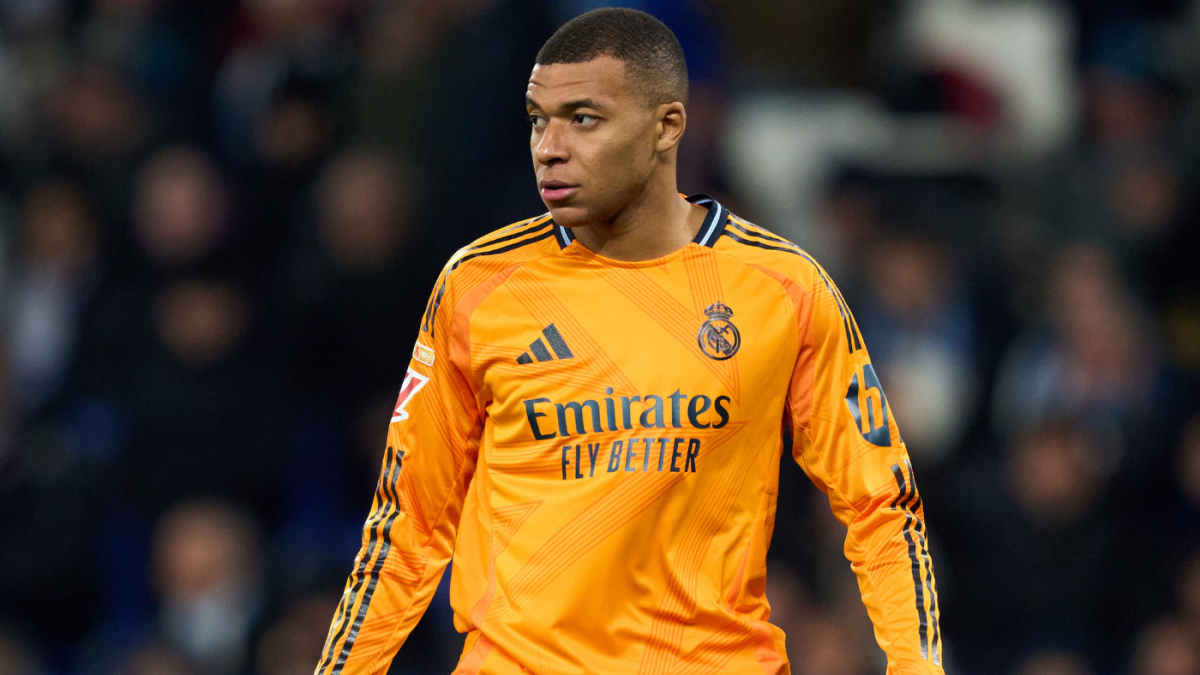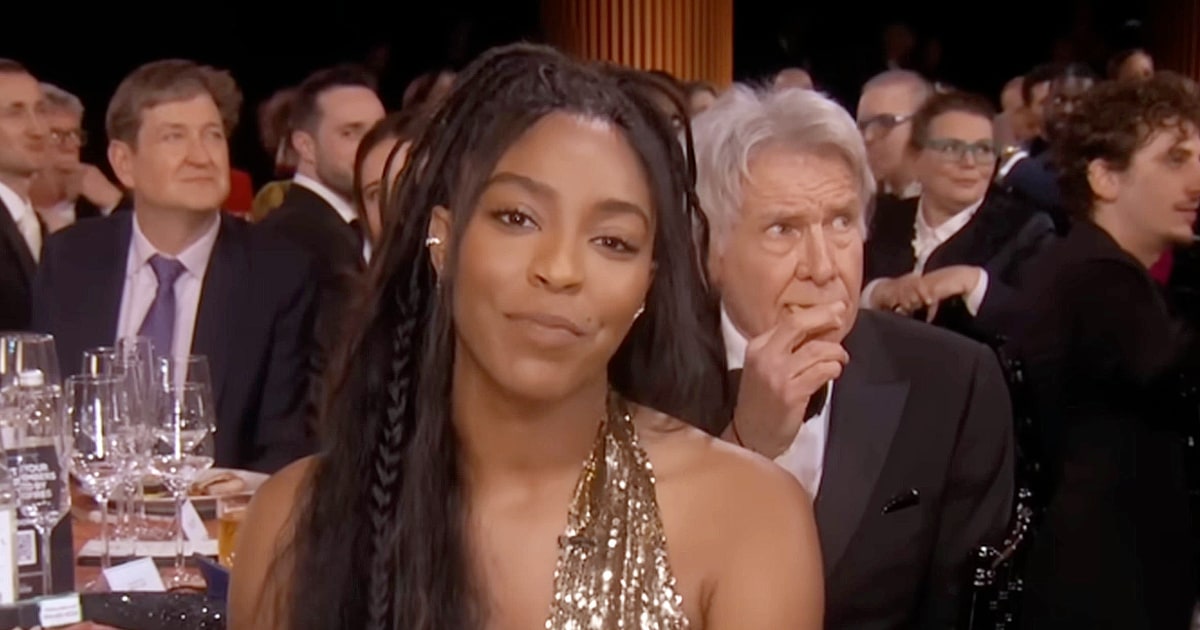
Real Madrid vs. Atletico Madrid live stream: Where to watch Madrid Derby online, TV channel, start time
February 7, 2025:max_bytes(150000):strip_icc()/GettyImages-2188101075-a99c173bc035416499c7079a36bf364f.jpg)
Amazon Stock Slides Friday Amid Concerns About AI Spending, Soft Forecast
February 7, 2025
CLEVELAND, Ohio — The East-leading Cavs made a deadline splash.
Sources tell cleveland.com that the team has agreed to the framework of a trade to acquire swingman De’Andre Hunter from the Atlanta Hawks in exchange for Caris LeVert, Georges Niang, three second-round picks (2027, 2029, and 2031) and a pair of pick swaps.
Sources say Cleveland was looking for a third team to help facilitate the deal, but didn’t end up needing it, as Atlanta found another way to dump salary.
The Hunter addition fills the Cavaliers’ greatest positional need while also allowing the organization to avoid the luxury tax, the two primary goals entering trade season.
Even though the Cavs, 41-10 this season, didn’t approach Thursday’s 3 p.m. deadline as a desperate team that needed to do something substantial, they were always looking at possible upgrades — provided the price wasn’t too steep and the player was the right fit, on and off the court.
Enter Hunter.
The 6-foot-8 small forward is averaging career-highs in points (19.0) and 3-point percentage (39.3) while becoming one of the leading candidates for Sixth Man of the Year.
Despite struggling with injuries throughout his career, Hunter has played in 37 games this season, coming off the bench for all but four of those games. Hunter has also been a starter — the role he could occupy with the Cavaliers, depending on how coach Kenny Atkinson wants to round out his starting quintet.
At various points this season, the Cavs have used Dean Wade, Isaac Okoro, Max Strus and Levert as the fifth starter. Hunter might finally solidify that spot.
Under contract through the 2026-27 campaign, Hunter makes $21.6 million this year and is set to make $23.3 million and $24.9 million the following two seasons. While it’s a lucrative deal, there’s an element of appealing team control that comes with it, especially for a franchise that has four high-priced players (Donovan Mitchell, Darius Garland, Evan Mobley and Jarrett Allen) already on the roster and was looking at the possibility of losing LeVert in free agency.
By avoiding the tax this year, the Cavs’ repeat offender clock won’t begin until next season when Mobley’s max extension begins (along with max contracts for Garland and Mitchell). That means the Cavs won’t hit repeat offender status until 2028-29 — a prohibitive threshold.
Sources say the Cavs showed interest in a handful of two-way wings with size, length, athleticism and positional versatility — players who better match up against Oklahoma City, Houston, Boston and New York, among others — but kept Hunter near the top of their proverbial wish list the entire time.
In recent weeks, members of the front office even conducted extensive background checks on him, discussing his potential fit with trusted sources in Atlanta and elsewhere. Cavs reserve Ty Jerome, Hunter’s best friend and former college teammate, was one of Hunter’s biggest advocates. As was former Cavalier forward Larry Nance Jr., who has been playing alongside Hunter in Atlanta this season.
As the deadline approached, Cleveland’s decision-makers weighed everything. Fit. Team chemistry. Play style. They took into account the luxury tax and future salary cap implications. They knew any move would be fragile, something players spoke about over the last few days, boasting that they had enough to compete for an NBA championship.
But the Cleveland brain trust didn’t see it the same. They determined that addressing a roster flaw, which Atkinson hinted at multiple times recently, was more critical to their title quest than preserving chemistry and continuity. Especially with the long-coveted Hunter available and Atlanta having a reasonable asking price.
Although it cost LeVert and Niang — two trusted and beloved mainstays of the team’s reliable second unit — and some future draft considerations, the Cavs were able to keep Okoro, No. 20 overall pick Jaylon Tyson and the valuable 2031 first-round pick out of the deal, giving them flexibility and optionality moving forward.
Sources say the Cavs, with two open roster spots now, will monitor the impending buyout market for other win-now additions. It could be a backup big to help replace Niang and provide more frontcourt depth. Maybe another ready-made wing like the 27-year-old Hunter who has made 16 career postseason appearances, including six against conference rival — and reigning champion — Boston, which has already beaten Cleveland twice this season.
Years ago, ahead of the 2019 NBA Draft, Cleveland had Hunter on its radar, considering him with the fifth overall pick before the Hawks moved ahead in a trade with New Orleans, snagging Hunter while the Cavs selected Garland. It worked out well, with Garland becoming a franchise pillar and two-time NBA All-Star. But during Hunter’s time in Atlanta, Cleveland kept tabs on him from afar, often inquiring about his availability.
That persistence paid off Thursday. He’s finally a Cavalier.




